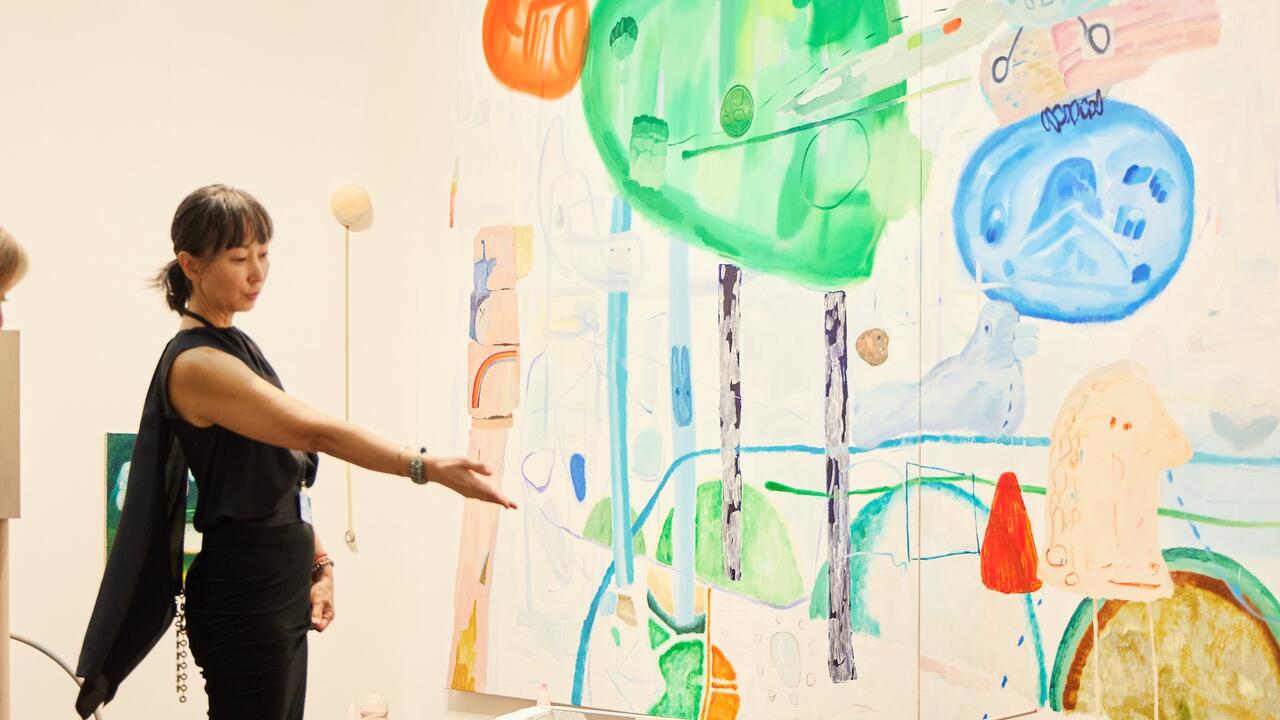O.T.T.
Is too much information ever enough?
Is too much information ever enough?

Daily, people receive warnings and pronouncements from all platforms. Threats are posed, facts cited, conspiracies exposed. Depending upon your P.O.V., some statements will be valid, dubious or just plain lies. Generally, beliefs exist unquestioned, though belief itself should be tested by absolutism, dogmatism and hyperbole.
Grand claims rarely escape flimsiness, worse, ludicrousness. But here’s one: Oscar Wilde, king of the ludic, was one such grandee escape artist; so too was playwright, director and actor Charles Ludlam (founder, in 1967, of The Ridiculous Theatrical Company). In Secret Lives of the Sexists (1982), Ludlam played a feminist at a consciousness-raising session, who happily tells her group: ‘And I have orgasms in my face.’ Ludlam hilariously enacted a fierce facial orgasm. These wits, self-conscious parodists, Ludlam and Wilde, queried high seriousness with high ridicule, asking: What is The Importance of Being Earnest?
Theodor Adorno wrote: ‘Today only exaggeration per se can be the medium for truth.’ Likely, he was recalling the hideous effectiveness of Nazi propaganda, fostered by Joseph Goebbels. Now, sweeping pronouncements do provoke attention. TV’s talking heads – whatever their politics – bark like scared dogs, to alarm their faithful. These speakers exaggerate with affect, vocal emphases and gestures called ‘colour’. Repetition, which Goebbels relied on because it worked, still works. Seen that way, Gertrude Stein’s ‘Rose is a rose is a rose is a rose’ shows that naming the world of things is more worrying.
In the arts, exaggeration appears as, ‘So-and-so is the most important artist,’ or ‘X is the greatest writer of the 20th century.’ A person I admire told me they thought Samuel Beckett was, and I thought, quite ordinarily: Franz Kafka? Virginia Woolf? But I said aloud, ‘Why does it matter?’
Remember the game: Which ten books would you take to a desert island? What a question. People create weird problems for themselves. People also easily count to ten and hold ten names in memory. But to hold one thought in mind that contradicts another valid and powerful one, that’s a more unusual, even dangerous proposition. It makes political decisions and ethical judgments achingly complex. Reducing choice – about websites, movies, books, blogs, etc. – is functional, because of the plethora of stuff. Also, holding principles, which appears worthy, reduces choice: acting on principle, you don’t have to think.
People want order in their lives and declare stuff worthless. That rejectamenta often comes on an end-of-the-year list. I don’t make those lists, but do imagine, at year’s end, a different life, forever called a simple life, which no one leads. In mine, I live near the ocean and, every morning, I walk to a boardwalk or sit at a café and see, in the distance, the ever-tantalizing horizon. Soon I might try to see in front of me, like the ocean, my bookshelves. Each book sits, spine out, so I can find it at a glance. Content, I imaginatively move to my desk, where everything has its place (a wonderful image, ‘everything has its place’). I’m told visualizing helps, but the ability to form a picture, in an ‘image-glutted’ culture, comes too easily.
I read my diary of the year, but it isn’t a real diary, just a Filofax where I’ve written what I need to do, which events to attend and occasional notes. Many crossings-out and black ‘X’s darken the pages: I often don’t do what I’m meant to do. Sometimes, in disgust, I use white-out to neaten the page. The wet white stuff sticks to another page. What a mess, trying to create order.
In a way, the differences between blogs and diaries represent our shifting time and changing sensibilities. Diaries keep secret thoughts, but secrets are disappearing, revamped by reality TV and online self-exposure. Many tell everything and have instant opinions. Our new society doesn’t seem to cherish secrets, or maybe believes that transparency is truth, and secrets are wrong. Or maybe we don’t know why a secret should exist at all.
The realms of personal and social overlap, slices of a giant Venn diagram called an individual: the lines blur constantly. Philosophical questions ask of secrets to explain themselves. They have been part of the currency of social relations forever, it seems, so what are the ethics of secrets? Or, a test question: compare secrets with gossip. Social regulators, self-surveillance, the spy within, the spy without. To me, this is fascinating mental fodder.
It’s fascinating but alarming, the amount of spying and surveillance my government does. And how unsurprising the exposure was, how normal it all seems, already.
















